Несмотря на многочисленные вопросы и отсутствие необходимой законодательной базы, хокимият Ташкента начал процесс реновации, фактически означающий снос старых домов. Структура столичной администрации «Тошкент Инвест Компанияси» объявила о начале отбора компаний для участия в проектах реновации на территориях Яшнабадского, Юнусабадского, Яккасарайского и Чиланзарского районов. Компании должны подать заявки до 12 сентября, а их рассмотрение продлится до 7 октября.
Всего реновация затронет шесть районов столицы. На данный момент вне отбора по непонятным причинам остались Шайханатхурский и Мирзо-Улугбекский район. Неужели, претенденты на эти лакомые территории уже определены?
Основная цель реновации – передача земли, на которой находятся аварийные дома, частным инвесторам. Эти компании будут обязаны снести старое жильё и построить новое, компенсировав владельцам снесённых квартир их потери.
Однако этот процесс вызывает волну недовольства среди общественных деятелей и депутатов. Основные претензии касаются недостатка информации и прозрачности. Люди боятся, что всё снова произойдет непрозрачно, нет ясности, как будет происходить выплата компенсаций, как и по каким критериям владельцам снесённых квартир будет предоставляться новое жильё в построенных домах. Эти вопросы остаются без ответа, что усиливает беспокойство среди населения.
В ответ на критику хокимият Ташкента ранее пояснял, что реновация будет производиться только с согласия жителей и на объектах, признанных аварийными. Чиновники также подчеркивали, что под снос не попадут здания, представляющие культурное или архитектурное наследие.
При этом хокимият еще в начале августа обещал опубликовать детальный механизм сноса и выплат компенсаций жителям, однако на сегодняшний день эта информация остаётся недоступной, что продолжает вызывать вопросы и недовольство среди населения.
Напомним, что специальный докладчик ООН по праву на достаточное жилище Балакришнан Раджагопал на прошлой неделе заявил о серьезных проблемах в области защиты прав на жилье в стране. По его словам, существует значительный разрыв между тем, как эти права закреплены в законодательстве, и их реализацией в повседневной жизни.
Раджагопал также отметил, что подавляющее большинство судебных дел, в которых участвуют застройщики и жители, заканчиваются в пользу застройщиков, а компенсации за экспроприированное жилье часто недостаточны, выплачиваются с опозданием или вообще не выплачиваются.


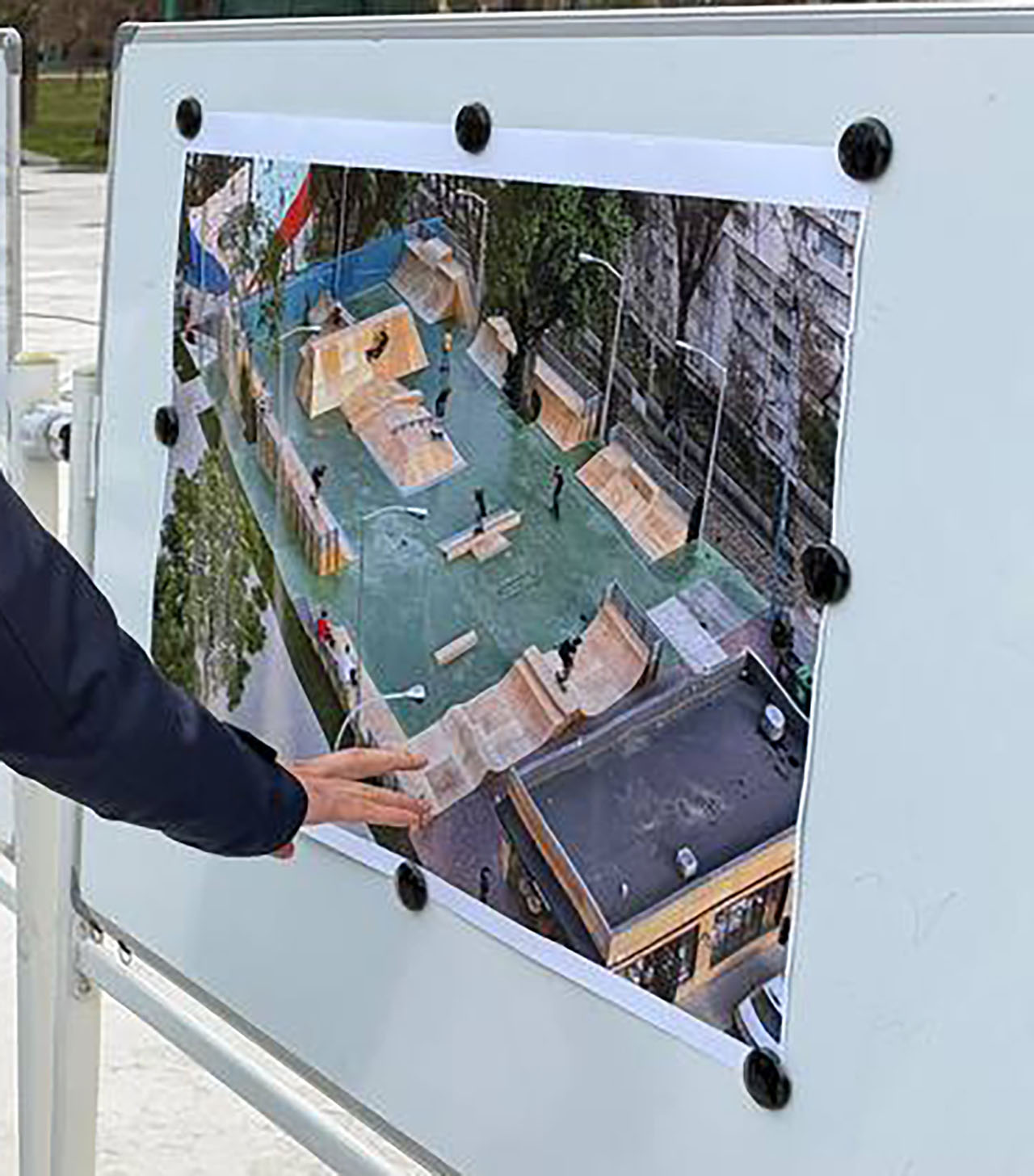

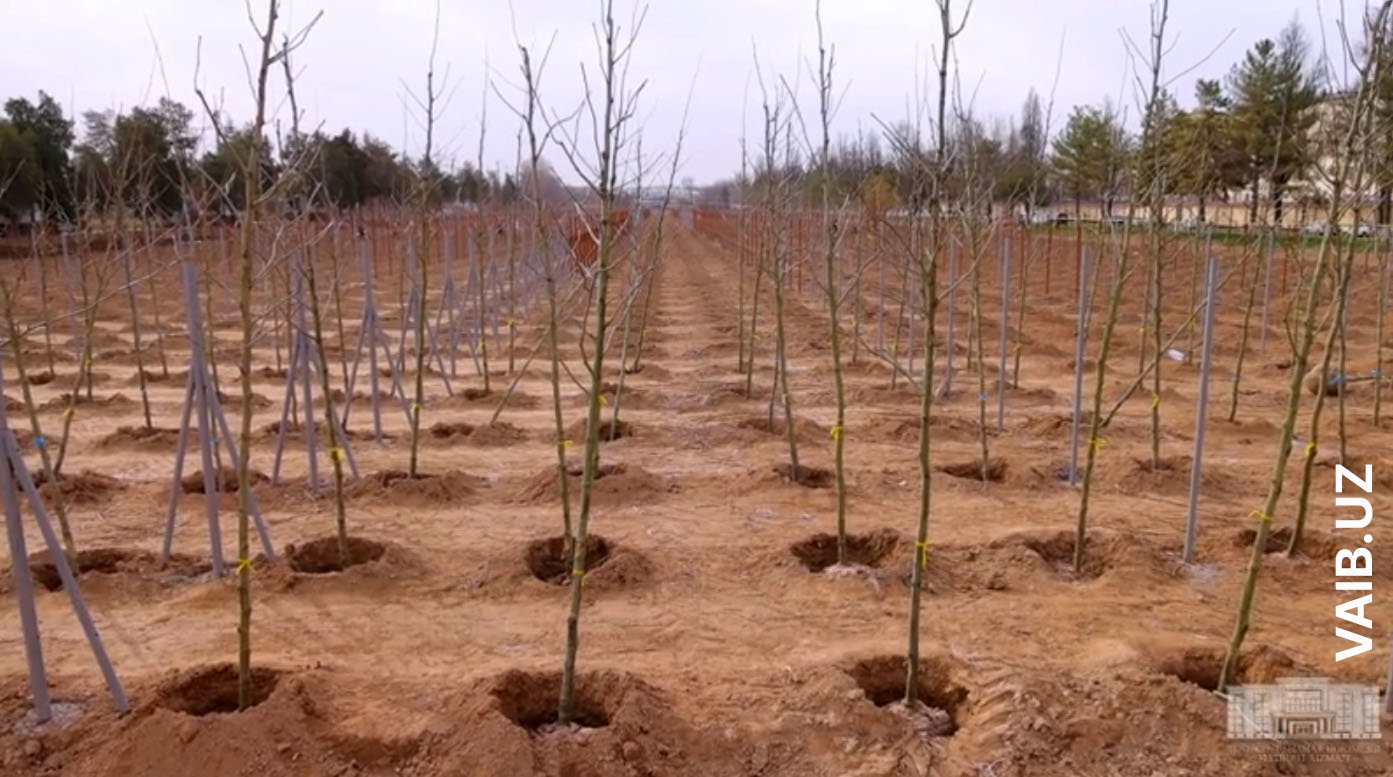
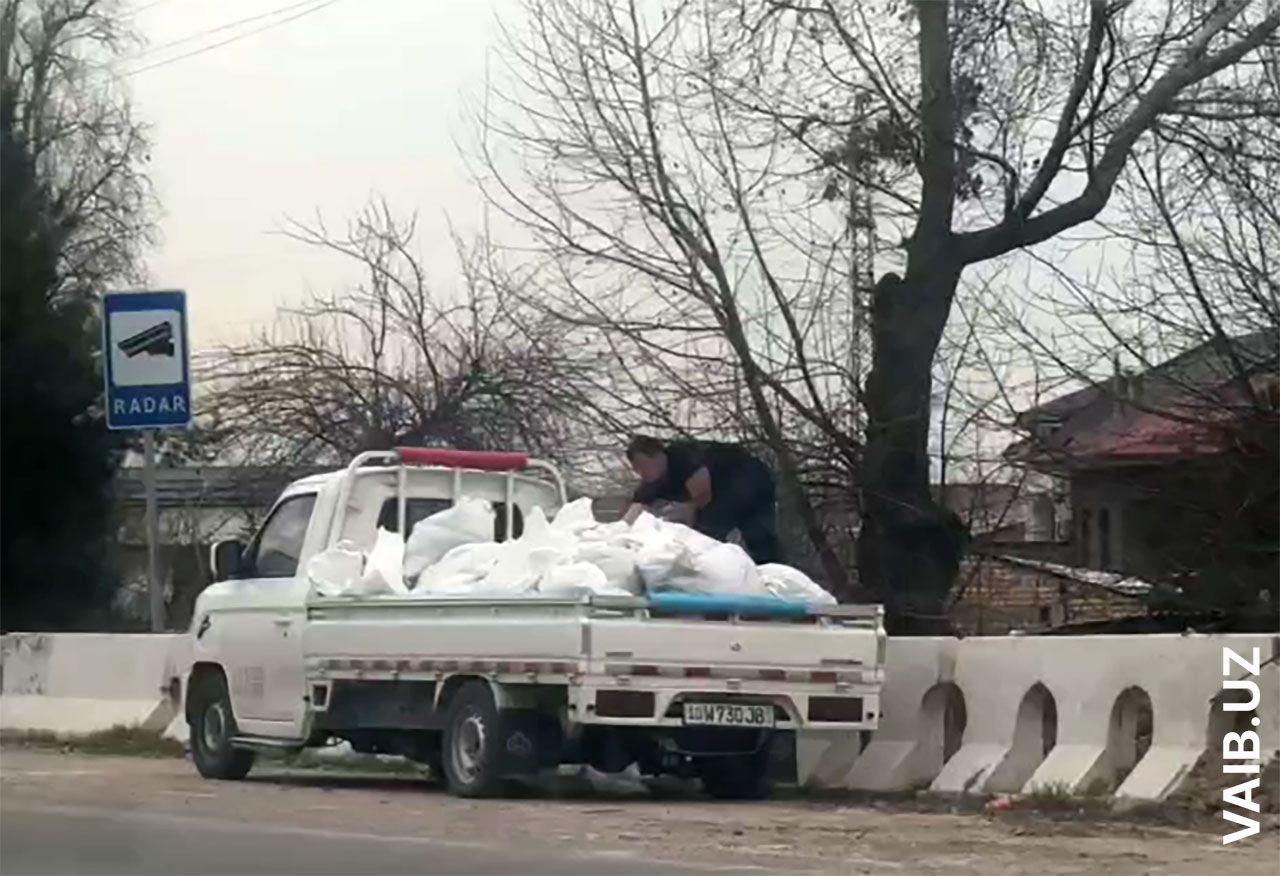
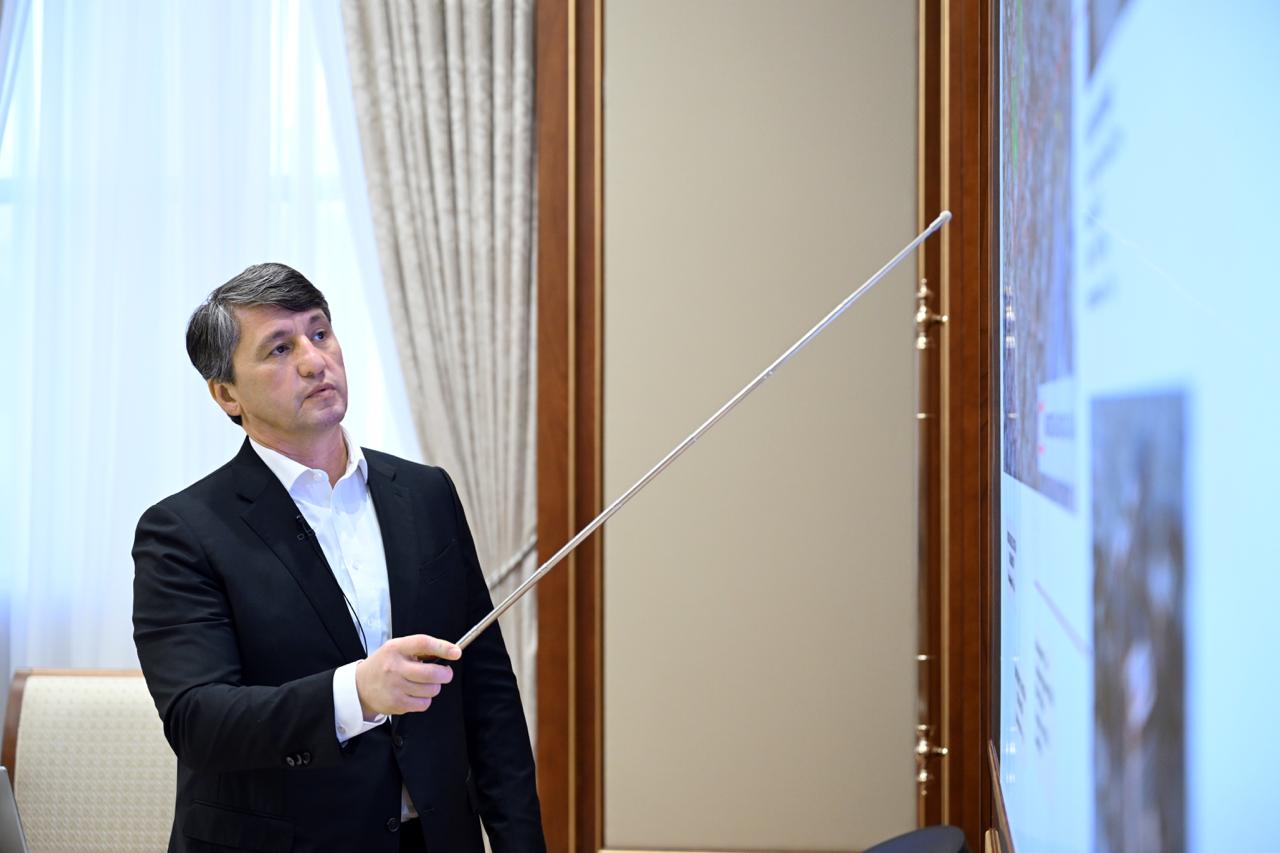
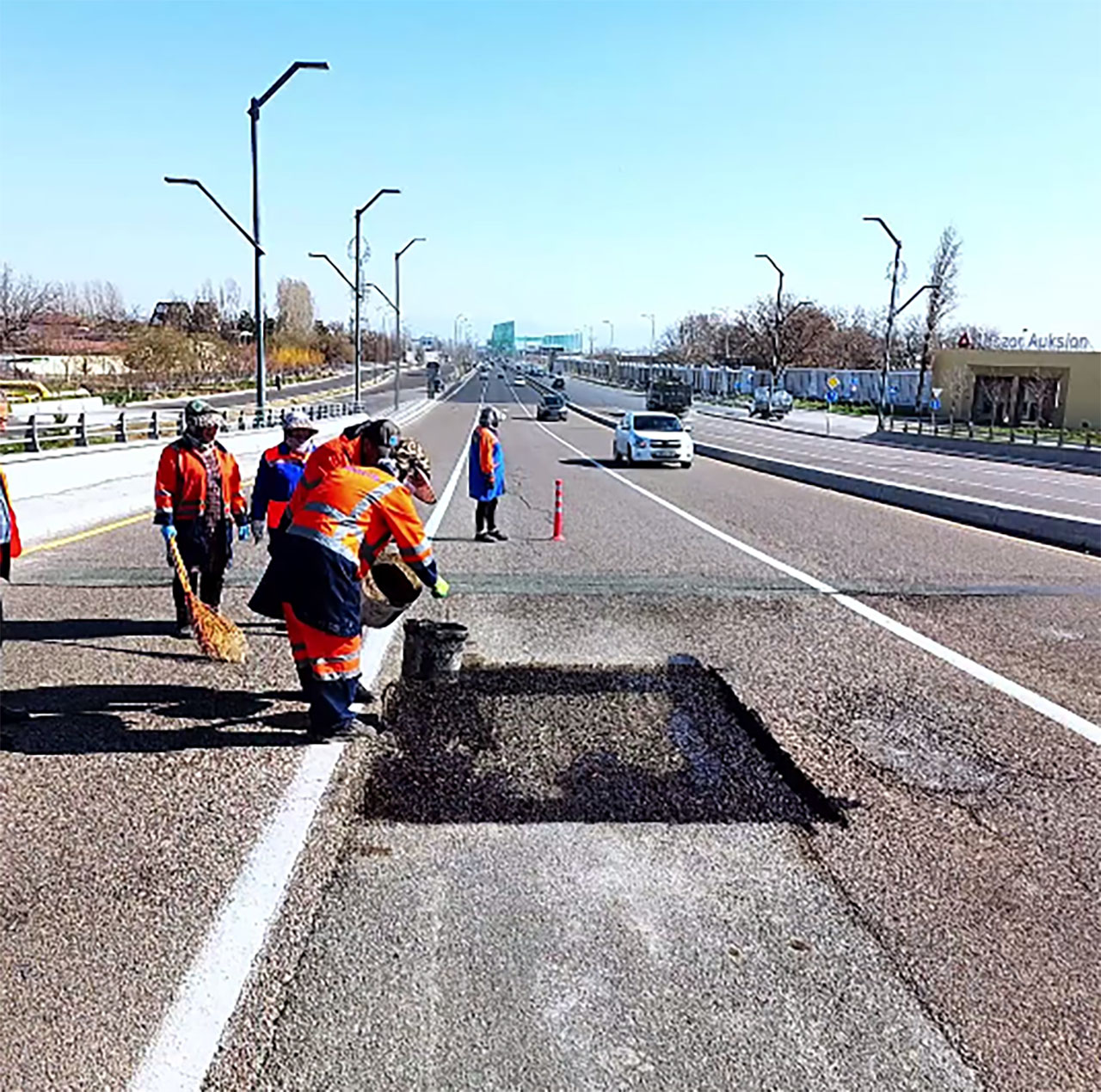



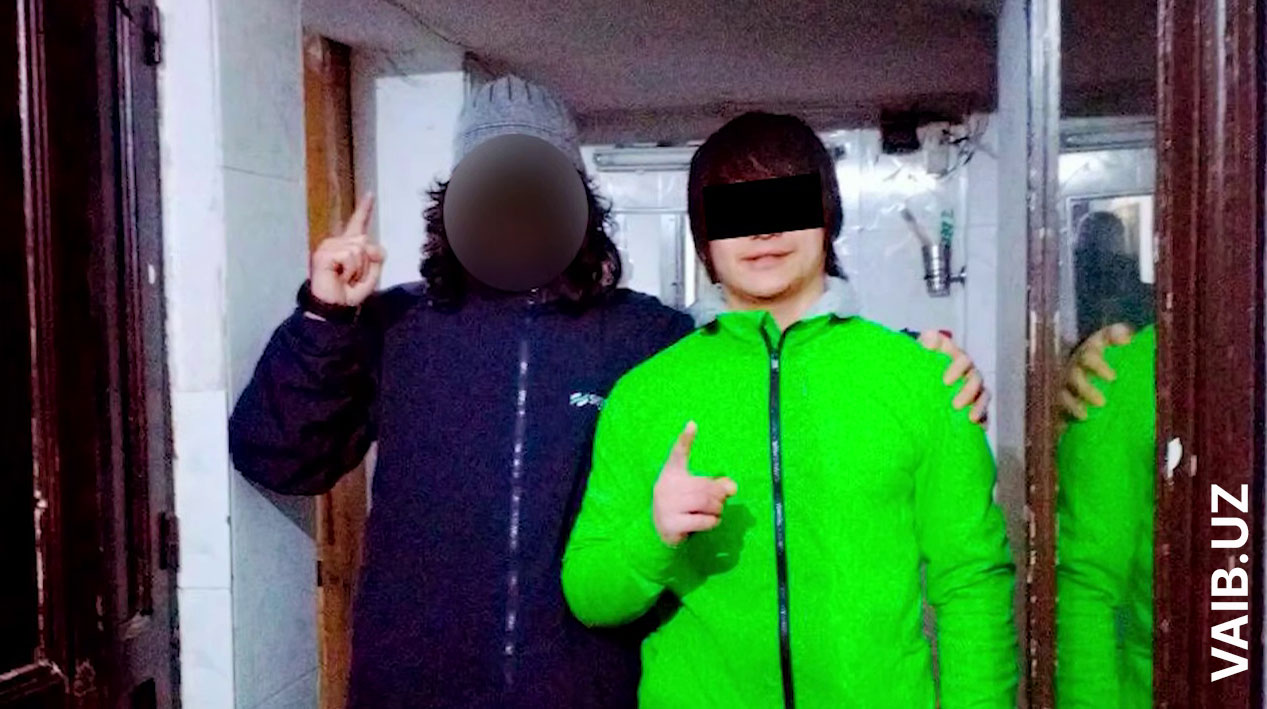

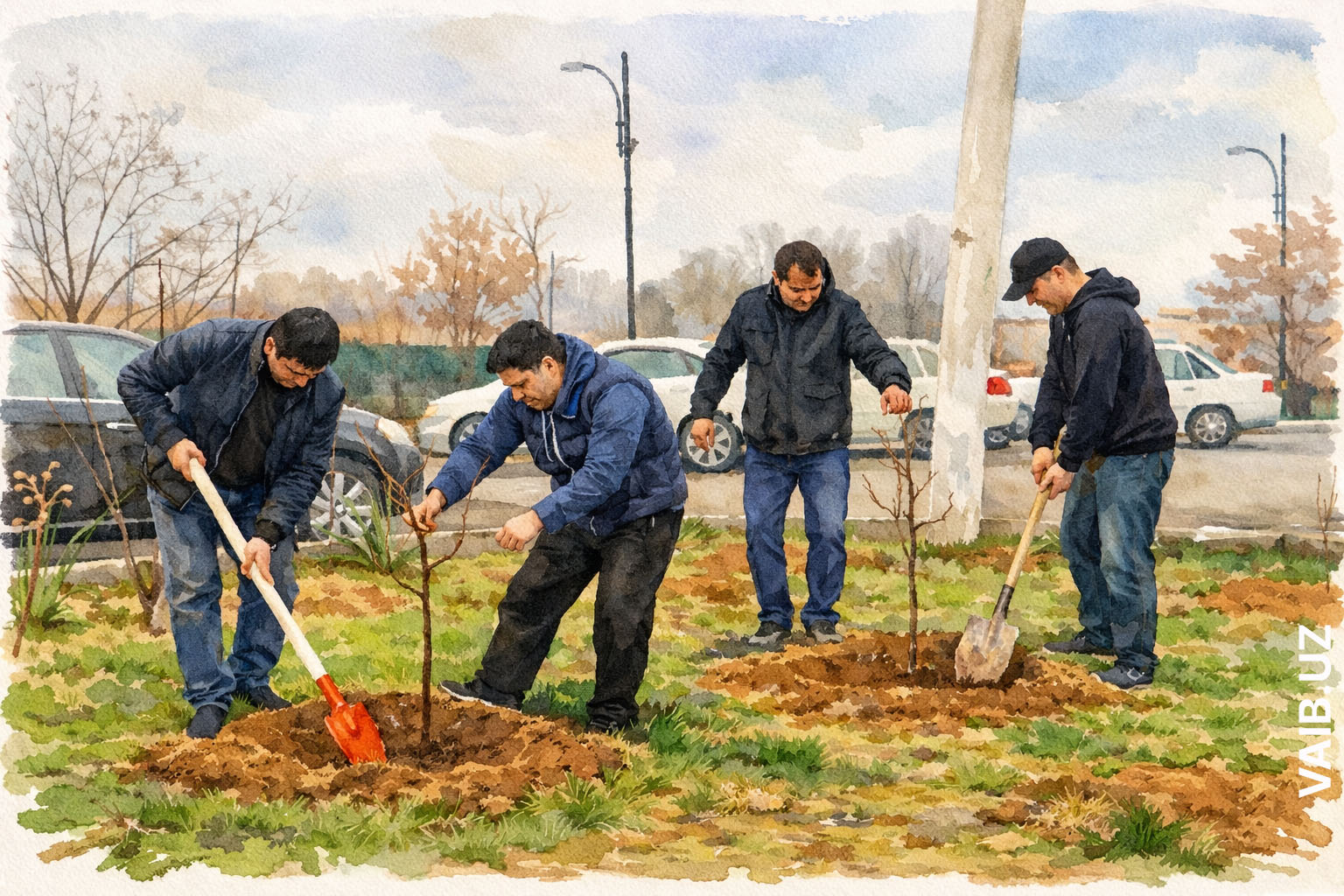



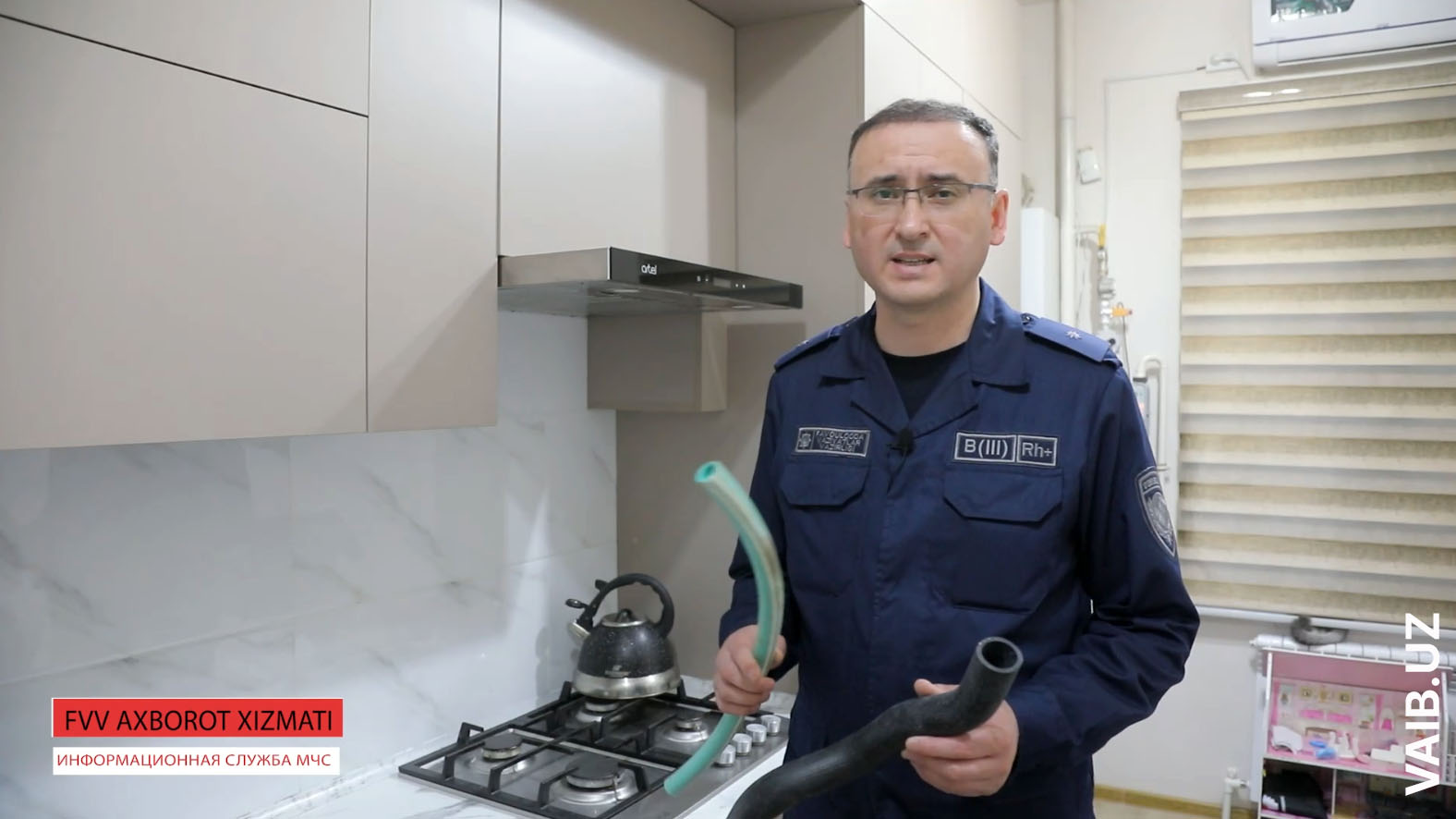



а что такого ? хокимият выше сенаторов стоит у нас , так как бабло хокимият рубит , а сенат только бумажки передвигает ! посмотрите что творит хоким мирзоулугбекского района ! ему плевать на всех , всем известно под кем он ходит ! Экопарк чей ? вот и там перекрыли всё и будет наслаждение зятю ! Президент, проезжайте по улицам ташкента и посмотрите что творится !